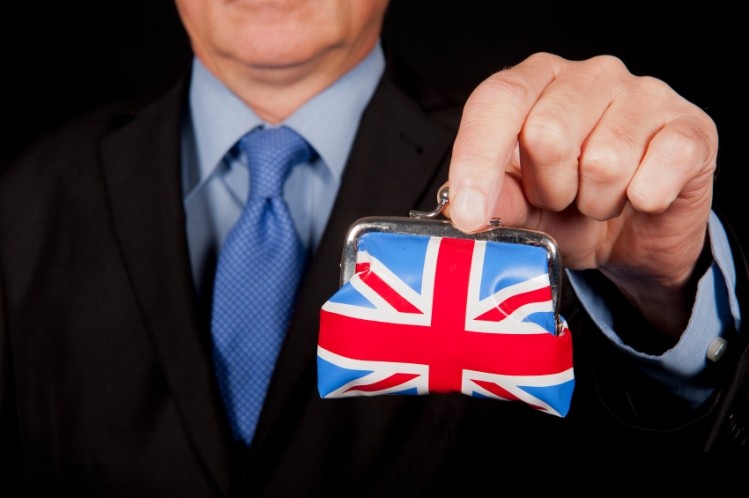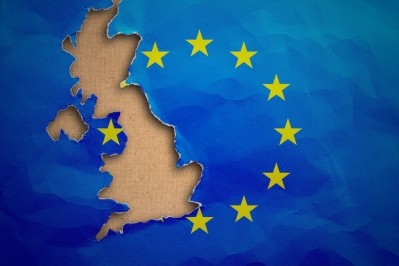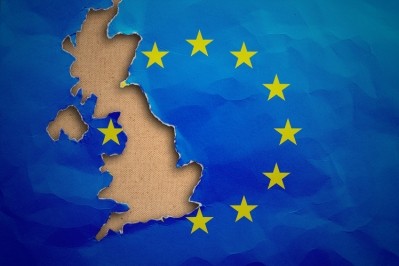Brexit talks must reduce risk of goods in ‘legal limbo’ say BRC

Commenting on the UK’s latest Brexit position paper, William Bain, policy adviser – Europe and International, at the British Retail Consortium (BRC) said, “The BRC welcomes the greater clarity that is emerging on how goods placed onto market before Brexit could be traded and moved between the UK and EU markets after Brexit.
"It is a sensible suggestion for goods, including food products, which have undergone all necessary compliance checks before Brexit happens, to be able to be traded freely and safely afterwards without unnecessary regulatory duplication.
"If the UK Government and EU Commission could reach agreement this would remove the risk of goods being left in a legal limbo across key supply and sourcing chains in early 2019. Ensuring the free flow of goods is one of the key ways in which consumer choice can be maintained, but prices can stay as low as possible.”
Four key principles
The BRC, along with other food industry associations, have been vocal in the past about the importance of ensuring trade with the EU remains as barrier-free as possible.
The EU exports goods worth €314 bn (£257 bn) to the UK, more than to Brazil, Russia, India and China combined.
As part of its Brexit negotiations, the paper—the latest in a series of Article 50 communications and negotiations with the EU—proposes four principles discussing the availability of goods after the UK’s withdrawal.
“We want to ensure that goods which are placed on the market before exit day can continue to be sold in the UK and EU, without any additional requirements or restrictions,” the paper states.
The paper also stresses the need to avoid unnecessary duplication of compliance activities undertaken by businesses prior to exit, with approval valid in both markets after exit.
The paper also confirms that any agreement “will need to facilitate the continued oversight of products to ensure the necessary action can be taken for non-compliant or unsafe goods.”
Lastly, the paper calls for no restriction to the provision of these services that are often supplied with goods.
FDF reaction
Details of the paper were also welcomed by the Food and Drink Federation’s (FDF) director general Ian Wright who commented: “FDF's priority is to ensure businesses can trade both finished goods and raw materials freely and without friction as part of any interim transition deal with the EU27 and through a future UK-EU trading relationship.
“We are pleased to see that today's paper recognises the challenges for UK food and drink products on the market at the point of exit and that government is considering how to mitigate against the worst case scenario.
“However, as last week's record export figures from FDF highlight, Europe is an essential market for UK food and drink and we urge the government to secure a transition deal swiftly to protect consumer choice and to prevent any unnecessary disruption.”
Secretary of state for exiting the European Union David Davis added that the papers would help give businesses and consumers certainty and confidence in the UK’s status as an economic powerhouse after we have left the EU.
”It is clear that our separation from the EU and future relationship are inextricably linked,” he said. “We have already begun to set out what we would like to see from a future relationship on issues such as customs and are ready to begin a formal dialogue on this and other issues.”
Peter Vicary-Smith, chief executive of the largest consumer body in the UK, Which?, stated, “It’s right for the government to seek certainty for consumers, who will want to know that they can still get the products they value the day after we leave the EU.
“If consumer confidence is to be maintained, consumers must be a much more fundamental part of the Government’s Brexit strategy.”


















